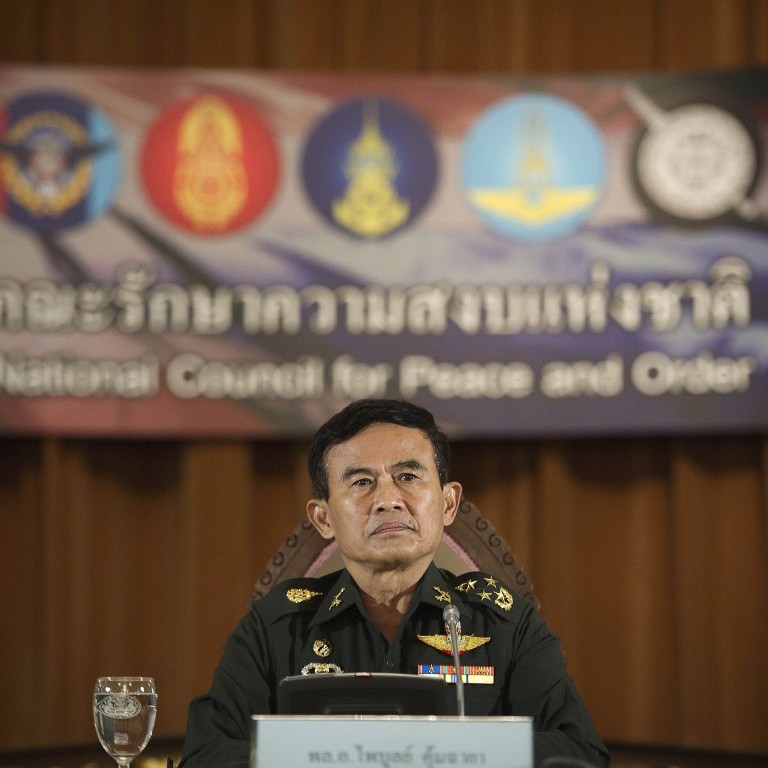
What Thailand's deeply divided society can teach Hong Kong
Bernard Chan says society here is more cohesive despite recent friction
I closely follow events in Thailand in the news and through updates from extended family in Bangkok. The two sources increasingly seem to disagree. It is as if the international press and the people there are discussing two different places.
For example, a leading American newspaper carried an opinion piece in May criticising the Thai constitutional court for removing prime minister Yingluck Shinawatra from office. While the article mentioned that she was subject to impeachment for corruption and had made many mistakes while in power, it strongly criticised the action.
This angered some of my contacts in Bangkok. One accused the American paper of bias and ignorance, and asked whether its editors were paid by exiled former prime minister Thaksin Shinawatra, Yingluck's brother. Many people in Bangkok complain that Western media and diplomats in Thailand favour Thaksin and his followers.
The background to this is Thailand's deep divisions over the past 13 years since Thaksin first came to power. The country is seriously split along lines of geography and social class. On one side of this divide are Bangkok institutions that have traditionally held power and whose supporters tend to be among the better-off. On the other side is the Thaksin camp, which has won elections by attracting votes from the poor with its populist policies.
To many in the overseas media, it looks simple: bad losers rejecting the outcome of a democratic process. My contacts in Bangkok are extremely bitter about this simple explanation of what is happening.
The Bangkok establishment dislikes the Thaksin camp for many reasons. These include corruption and incompetence, which go back a long way in Thailand but have reached new levels in recent years. But there are also deep cultural and social factors at play.
Thailand is a very traditional and hierarchical society. Many in the establishment see Thaksin's style in delivering populist policies as disrespectful to the monarchy, which plays a very visible public role in caring for the less well-off. It is also true to say that this is a society where the rich do not question their traditional advantages over the poor and less educated. Some Buddhist monasteries support the idea that the poor should be grateful to the rich for charity and accept the status quo.
As in other parts of the world, the status quo in Thailand has been changing. Education and new media have raised political awareness among the rural poor in the north. Even without Thaksin, the poor will have experienced the power of their vote in a democratic system. This is not a situation that can be reversed.
In late May, a military government took control. To many Thais, it was welcome - 75 per cent supported it in a recent poll. The stock market and consumer activity have shown some positive signs. But the military know they are not experts at economic management, and the outlook for inward investment and tourism is uncertain. The overseas press criticise military rule, while most of the Bangkok middle class strongly support it.
Compared to Thailand, Hong Kong is not as badly divided as it seems. Economically, much of our population is in a broad, fairly well-off middle rather than at the extremes of rich and poor. We also have a culture of individual and equal rights that Thailand probably lacks.
Our main division is over political reform. It seems especially worrying right now, with radicals demanding things that the Basic Law rules out. But the disagreement is essentially peaceful, like the rival "referendum" and signature campaign of Occupy Central and the Alliance for Peace and Democracy respectively. Compared with Thailand, we have a fairly cohesive society. Hong Kong is luckier than it realises.

